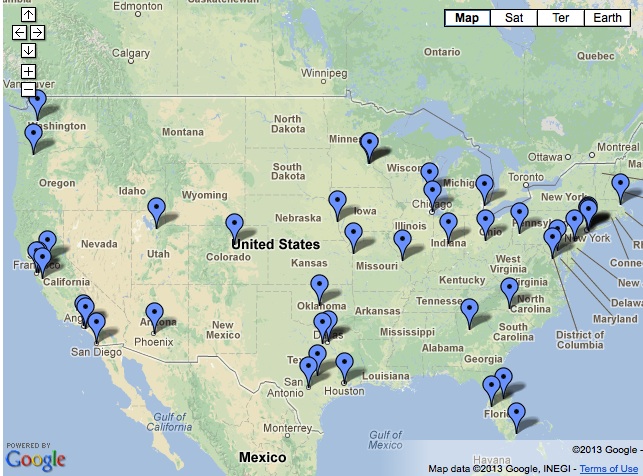One of the big buzz phrases of 2013 is going to be “the internet of everything” – where machines, homes and even clothes are connected to each other.
In the near future, we’re going to be more surprised when things when things like cars, washing machines and home automation system aren’t connected each other.
To get all these things talking to each other requires reliable communications with low latency – quick response times – so technology vendors are seeing big opportunities in this area.
Last night Blackberry launched its new platform and the beleaguered handset company’s CEO Thorsten Heins was adamant in his intention to focus his business on the internet of machines where he sees connected cars and health care as being two promising areas.
Blackberry isn’t alone in this with the major communications providers and telcos all seeing the same opportunities.
Cisco has been leading with their role in ‘the internet of things’ and much of their Cisco Live conference in Melbourne two weeks was spent looking at the technologies behind this. The company estimates the “internet of everything” will be worth 144 trillion in ten years.
Rival communications provider Ericsson sees the revenue from this sector being worth $200 billion by 2017, so it’s not surprising everyone in the telecommunications industry want to get a slice of it.
The question is though how to make money from this? Most of these communications aren’t data heavy so metering traffic isn’t going to be the deliver the revenues many of these companies expect.
If offering priority services with low latency is the answer, then we hit the problem of ‘net neutrality’ which has been controversial in the past.
Whichever way it goes, businesses will want to be paying a premium to make sure their data is exchanged quickly and reliably. For many organisations data coverage and ping speeds are going to be the deal breakers when choosing providers.
The ‘machine to machine’, or M2M, internet market is something we’re going to hear more about this year. It’s clear quite a few executives are staking their bonuses on it.






